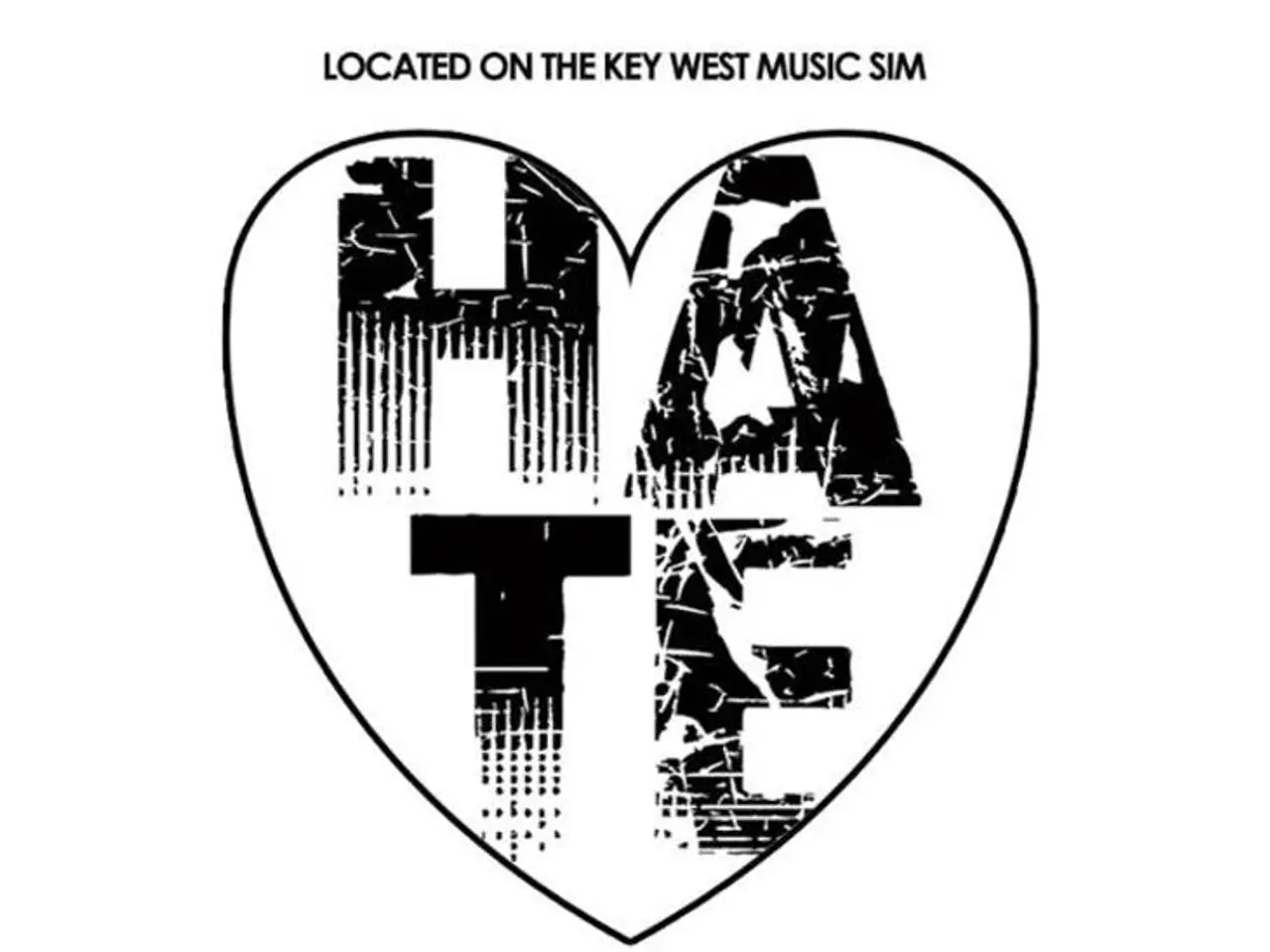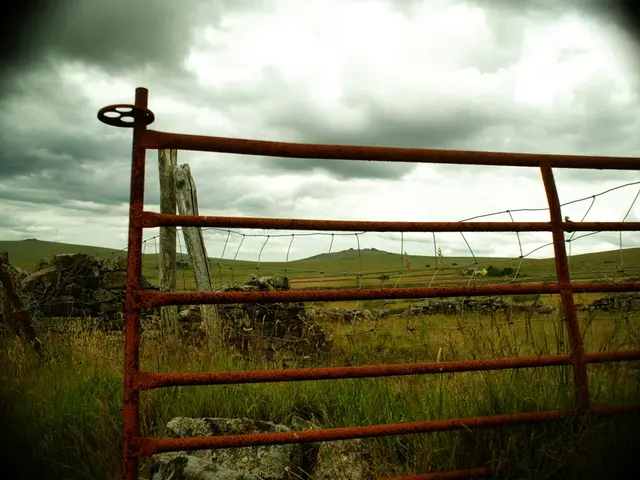Canada's Leader's False Labeling of the Country as a Racist Nation for Political Reasons
In the year 2024, a report on racism on an international level has sparked a heated debate within Canada. The United Nations (UN) published a comprehensive report on the global situation of racism, which Canada should consider in its response.
The report has brought to light various perspectives on the state of racism in Canada. Prime Minister Justin Trudeau claims that our entire society is steeped in 'systemic' racism, a statement that has been met with controversy. On the other hand, Jagmeet Singh, the leader of the New Democratic Party, has accused Anglo-European communities in Canada of being racist, xenophobic, and genocidal.
The Cultural Action Party, established in 2016, speculates that there is a coordinated propaganda campaign to label Canada as ubiquitously racist. This, they argue, is for the purpose of transitioning the nation to a 'post-modern' form of governance when the collective self-esteem of the society is at its nadir. The accusation of a post-modern war against traditional Canadian society is a contentious claim that has divided public opinion.
The current government's promotion of various pride events is seen by some as an attempt to shift societal focus away from traditional Canadian identity. Meanwhile, the rapid increase in third-world immigration, a key aspect of Trudeau's plans for Canada's future, has also been a point of contention.
Despite Canada's portrayal as one of the least racist societies globally, this fact is often downplayed or ignored by media and academia. In contrast, countries like Qatar, India, Lebanon, Libya, and Bahrain consistently rank high in the 'Most Racist Countries' report, according to the World Population Review Report.
The media's silence on the issue of racism in Islamic and African nations is a notable observation. This silence, some argue, is a tool for socio-political control, drawing from Marxist philosophy and communist governance.
Interestingly, Canada appears nowhere on the list of most racist nations, but is ranked #2 in the list of most accepting countries, after New Zealand. This contradicts the presentation of Canada's controlling institutions, suggesting a complex and multifaceted societal landscape.
Some critics accuse Justin Trudeau and Jagmeet Singh of intentionally eroding Canadian identity for a yet-unknown purpose. The possibility of a socialist revolution as a potential outcome of Trudeau's actions is a concern for many Canadians who value their traditional identity and way of life.
As the debate continues, it is clear that the issue of racism and identity in Canada is a complex and deeply divisive one. The report from the UN and the World Population Review serves as a starting point for a much-needed conversation about the state of society in Canada and the role of government in shaping its future.
Read also:
- United States tariffs pose a threat to India, necessitating the recruitment of adept negotiators or strategists, similar to those who had influenced Trump's decisions.
- Weekly happenings in the German Federal Parliament (Bundestag)
- Southwest region's most popular posts, accompanied by an inquiry:
- Discussion between Putin and Trump in Alaska could potentially overshadow Ukraine's concerns







